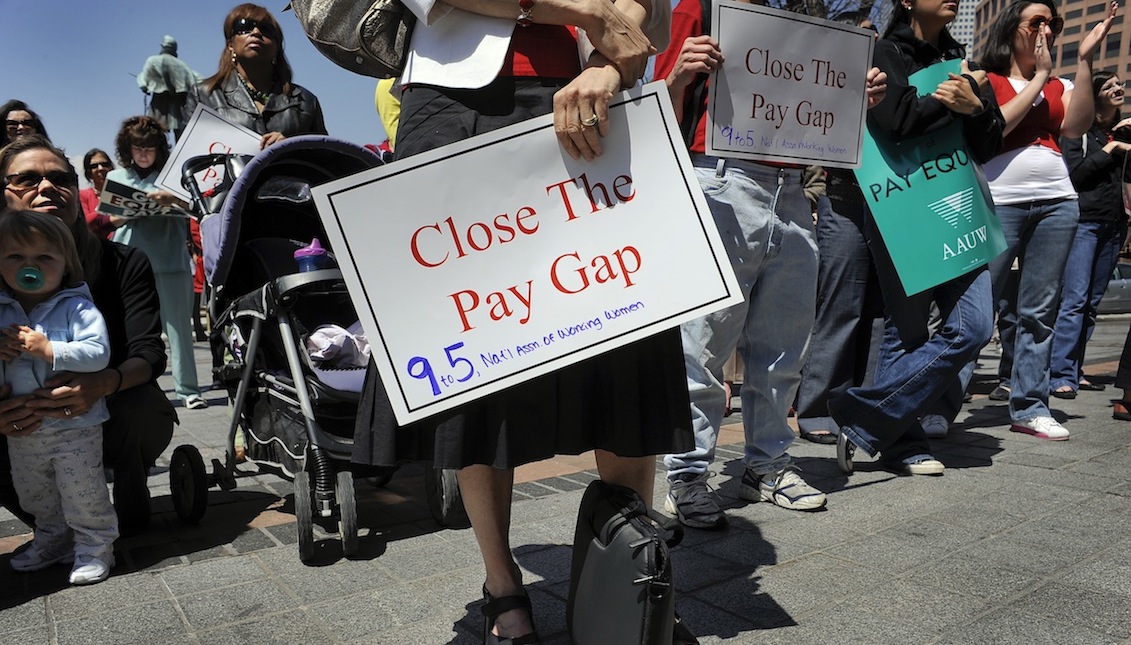
Why do we need an Equal Pay Day for Latinas?
While the international struggle for gender equality is gaining ground in the streets, Latino women continue to be discriminated when it comes to receiving a…
Being part of a minority group is difficult enough. Now, imagine being part of two (or three.)
This is what happens with Latina women, especially in the United States.
Did you know that a Latina woman could lose up to a million dollars in salary difference throughout her life?
Many people don’t know either.
That is why the Latina Equal Pay Day is celebrated on the first day of November of this year to draw attention to this marked difference.
According to Forbes, Latinas earn "only 53 cents for every dollar that white, non-Hispanic, average men earn," and this is a figure that has gone backward because, in 2017, they earned 54 cents.
Statistics demonstrate clearly how the salary difference between men and women is exacerbated depending on the color of your skin.
The white woman earns 79 cents for every dollar of the white man, and black women earn 63 cents, which makes Latinas the most delayed demographic stratum in this race.
"Latina women should work 305 extra days in the next calendar just to achieve what the average white man earns in a year," the media continues.
That is to say, that this November 1, the Latina woman has managed to earn what the average white man achieved during 2017.
This only perpetuates the cycle of poverty and puts a shackle on the potential of Hispanic women to become the development force that they can be, especially considering that Latinas "are the second largest ethnic group after the whites,” as the Pew Research Center explained.
RELATED CONTENT
The first step to correct this difference is to raise awareness.
Today, 30 percent of Americans have claimed not to be aware of the salary difference suffered by Hispanic women in the country, according to a report by SurveyMonkey and LeanIn.Org. Similarly, 57 percent of people who are aware of the difference don’t know how big it is.
Surprisingly, 42 percent of people believe that, within their own companies, there is indisputable salary equality.
The report determined that one of the fundamental reasons why this difference exists is because discrimination against immigrants is a real and latent issue in American society, which has extended the stereotype of the Latino as an employee who works out of necessity, the hours that are necessary, for the payment that is within reach.
In the 21st century, this stereotype should already be in the category of legend, but the reality is different.
The typing and labeling of Hispanics by official voices (be it the government, political representatives or ideological supporters) only makes everything more difficult for groups such as Latina women.
But not everything is downhill.
Initiatives such as #47PercentCounts of Lean In aim to expose the facts with official figures, and have launched a collaboration program with large firms such as Adidas, Lyft, P&G and Reebok to address the difference and reduce it in the years to come.
The moment we reach a real level playing field, Latina women - who, by the way, increased the creation of companies by 172% last year - will become another of the main engines in the country's economy, finally proving that the United States is the country of opportunities for all.











LEAVE A COMMENT: